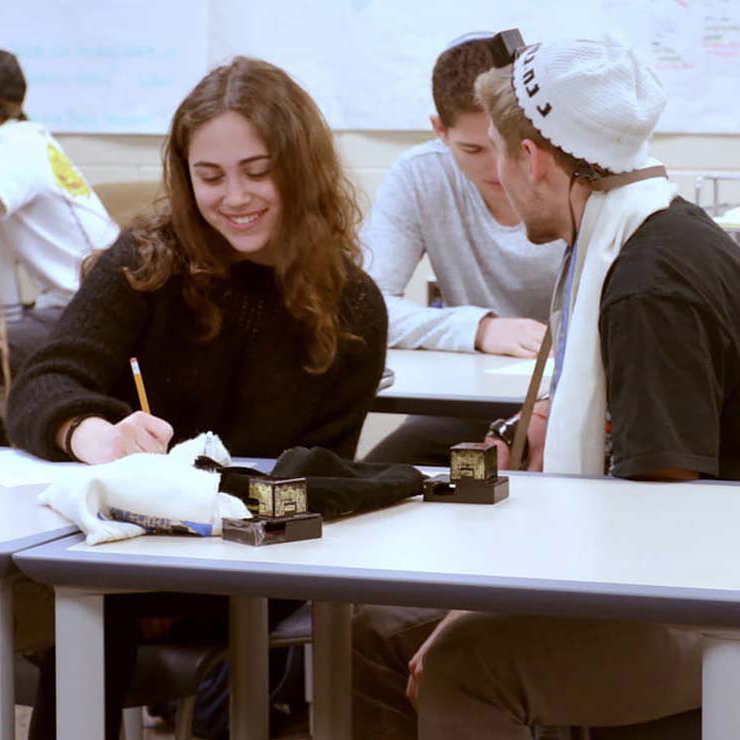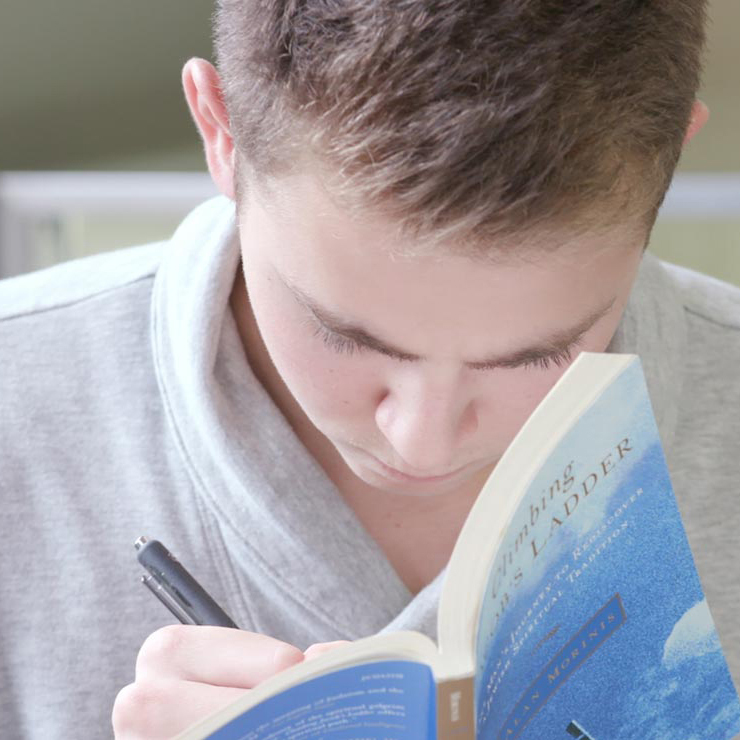
Depression is as much a physical illness as it is a mental illness. One of the best ways that you could help your young person work through depression is by understanding what it is – and – what it is not. The myths about mental illnesses only contribute to the stigma, and this prevents many people from getting the help that they need.
The good news is that depression is highly treatable. Eighty percent of those who seek help find relief through therapy, medication or a combination of both. What can family and friends do to help? Here’s a brief guide:
When a Child is in Crisis
Despite our very best efforts, and for a variety of different reasons ranging for genetic makeup to a difficult life experience, some youth will become anxious and/or depressed. Deciphering a child’s moods and intervening before a crisis can be a delicate dance. The first step is facing the issues head on—together.
Talk About the Real Stuff
Sometimes conversations between parents and youth can be all about achievements, schedules and chores. Go beyond that. Find out what keeps them up at night, and ask, “What’s the best part of your day?” Become attuned to their emotional worlds so that you understand what their dreams are, what they struggle with and how their lives are going.
Give Your Young Person Space, but Pay Attention
Give youth space to grow and separate from you, but also watch for changes in behavior. Are they giving up activities they used to enjoy? Are they staying up all night or eating differently? Is your outgoing kid now withdrawn? If you’re worried, say so. Show interest in their internal lives without judgment.
Resist Getting Angry
When parents learn a young person has been hiding something or is having behavioral issues, the response is often anger or punishment. Instead, try to understand what is going on. If a kid is acting out, doing things like self-harming or skipping school, respond with compassion first. Say, “It seems like you’re having trouble, I’m here to help. Tell me what’s happening with you.”
Don’t Put Off Getting Help
If you’re worried about an adolescent, talk to a school counselor, therapist or doctor. It’s better to get help early, rather than when trouble has firmly taken hold.
Treat the Whole Family
When a kid is in crisis, many times it’s not enough to treat the child—you have to change the family dynamic. It’s possible that something about the home environment is causing the child stress, so be open to acknowledging that and getting family counseling if needed.
Finding Professional Help
Many children who are not at risk of hurting themselves still require psychiatric help or psychotherapy to overcome their anxiety or depression. Jewish Family Service’s team of experts can help you determine what kind of assistance your family needs. They can be reached at 248-592-2313. For additional mental health resources, visit our Resource page.
Source: Youth Dynamics



Recent Comments